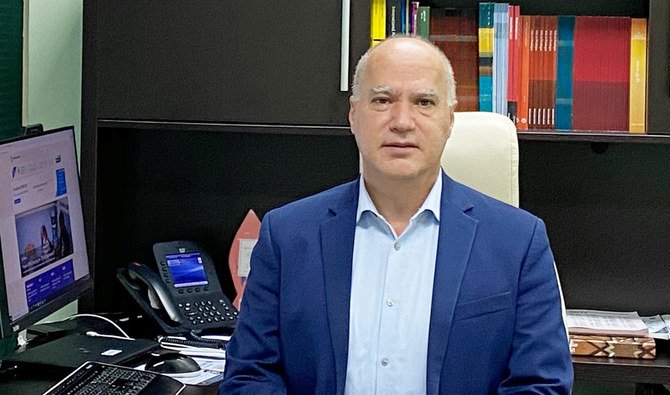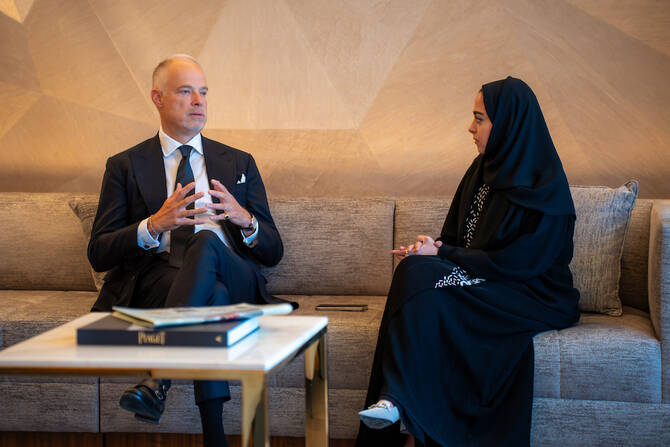JEDDAH: Saudi Arabia has implemented a number of ambitious reforms to enhance women’s economic inclusion, which has resulted in women gaining more access to education and employment options.
According to a Global Entrepreneurship Monitor report in 2020, the highest rates of women’s entrepreneurial intentions were reported in the Middle East and North Africa region at 36.6 percent as Saudi female entrepreneurs were responsible for driving this trend.
Issam Abousleiman, the World Bank regional director of the GCC countries, told Arab News that women have played a fundamental role in boosting economic growth in the Kingdom.
“Saudi Arabia has made a lot of reforms related to the business environment, along with those laws that are measured by the
Women, Business and the Law (WBL) index that we have,” he said, adding that these laws have increased the number of women entrepreneurs in the Kingdom.
Abousleiman said the number of Saudi women entrepreneurs increased by 50 percent between 2018 and 2019, particularly in the consumer service sector.
The World Bank’s annual WBL report also stated that Saudi Arabia made significant progress, scoring 80 out of 100.
Reforms in the Kingdom have provided funding to projects and initiatives, which have created opportunities for women in government and the private sector. These reforms have played an integral part in creating safe work environments to foster growth and innovation.
“These new businesses are generating new jobs and providing livelihoods for many in Saudi Arabia,” Abousleiman said.
Reforms usually take time to get to that potential. With patience, perseverance and staying on course, these reforms will benefit society and the economy over time.
Issam Abousleiman, World Bank regional director of the GCC countries
“They are giving women a platform for entrepreneurship, leadership and self-realization that we have not seen in the past. They are also helping drive diversification in the Saudi economy.”
Abousleiman said the Kingdom is well on its way to achieving its goals and that new reforms usually take between 3-5 years to have a full impact. According to Saudi employment figures, women have outpaced men over the past few quarters, which is “well above the target set by Saudi Arabia’s 2030 Vision.”
He added that the Saudi government’s gender-neutral policies have encouraged more women to participate in economic activities with various strategies and action plans. Employment policies, cash benefits for the most vulnerable, support for the disabled, and pensions are among the programs that have benefited most from more female inclusion.
“Women’s participation in the labor force in Saudi Arabia started with very low numbers,” Abousleiman said. “If we go back to 2017, women’s participation in the labor force was at 15 percent. By the end of 2020, we estimate that it has gone up to almost 31 percent.”
He added that the new strategies and plans implemented have targeted some of the most vulnerable members of society and provided more productivity within the system.
“Reforms usually take time to get to that potential,” Abousleiman said. “With patience, perseverance and staying on course, these reforms will benefit society and the economy over time.”






















